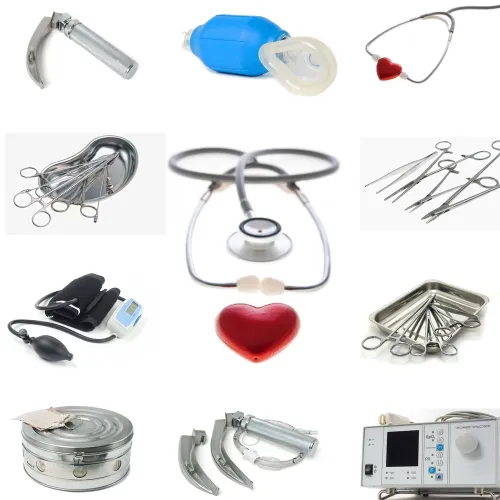Avoid Modifier 55 Errors By Identifying Transfer of Care

Hint: Don’t attach 55 when your physician is covering for another doctor.
When two providers get involved in a patient’s surgical care, you need to know how and when to use modifier 55 for the post-operative portion of the work. The key to your success will be recognizing whether there was a transfer of care.
Last month, in the Vol. 2, No. 2 issue of Modifier Coding Alert, the You Be the Coder question titled “Split Post-Op From Surgical Care” was on the topic of splitting the surgical service from the post-operative care between two providers. The answer to the question incorrectly explained how to code the post-operative care.
Read on to see why the answer was not quite right, to get the correct information for split-care situations, and so you don’t make the wrong coding choice.
Watch the Wording in the Note
The scenario in last month’s question referred to a situation when your physician goes on vacation, and someone from the same group performs a surgery in her absence. Upon your physician’s return, she provides the post-operative care. The answer published last month stated that you should bill the surgical procedure code with modifier 55 (Postoperative management only) each time your provider sees the patient for post-operative care. That is incorrect.
Here’s why: When the surgeon transfers care to them post-op provider during the global period, and both providers agree to the transfer of care, you will use modifier 55 on the surgical code. “But if you are just ‘covering’ for a partner or other provider while they are out of town, that is usually not a transfer of post-operative care,” says Margie Scalley Vaught, CPC, CPC-H, CPC-I, CCS-P, MCS-P, ACS-EM, ACS-OR, a healthcare consultant in Washington.
Differentiate Transfer vs. Covering Care
With an agreed upon transfer of care, you will report the surgical procedure code with modifier 55 for the first post-operative care visit your physician provides during the global period.
When your provider covers for another physician for services not related to a surgery, you should report a subsequent hospital care code (99231-99233, Subsequent hospital care, per day, for the evaluation and management of a patient, …). There is no need for a modifier. This is in a situation where the originating provider is not billing for the locum tenens services.
“In a hospital inpatient situation involving one physician covering for another, if physician A sees the patient in the morning and physician B, who is covering for A, sees the same patient in the evening, carriers do not pay physician B for the second visit. The hospital visit descriptors include the phrase ‘per day’ meaning care for the day,” says CMS in Transmittal 1545.
For example, if the original physician sees that patient on Monday morning and then asks your provider to cover for him until Tuesday evening, unfortunately if your physician sees that patient again on Monday evening, Medicare will not pay for the additional visit, but the documentation of both services should be added together for Monday’s services.
Make Documentation a Priority
If the clinical scenario you are coding for truly represents a transfer of post-operative care in a global period, you can use modifier 55. You need to ensure the documentation includes a written transfer agreement. Both providers need to keep a copy of the written transfer agreement in the patient’s medical records.
Don’t forget: “You will also find that when the CMS 1500 form is filled out, the date of surgery and the date the provider took over the care during that global period must appear,” Vaught adds.
Resource: Refer to Medicare Claims Processing Manual chapter 12, sections 40.1 and 40.2 at www.cms.gov/Regulations-and-Guidance/Guidance/Manuals/downloads/clm104c12.pdf.




